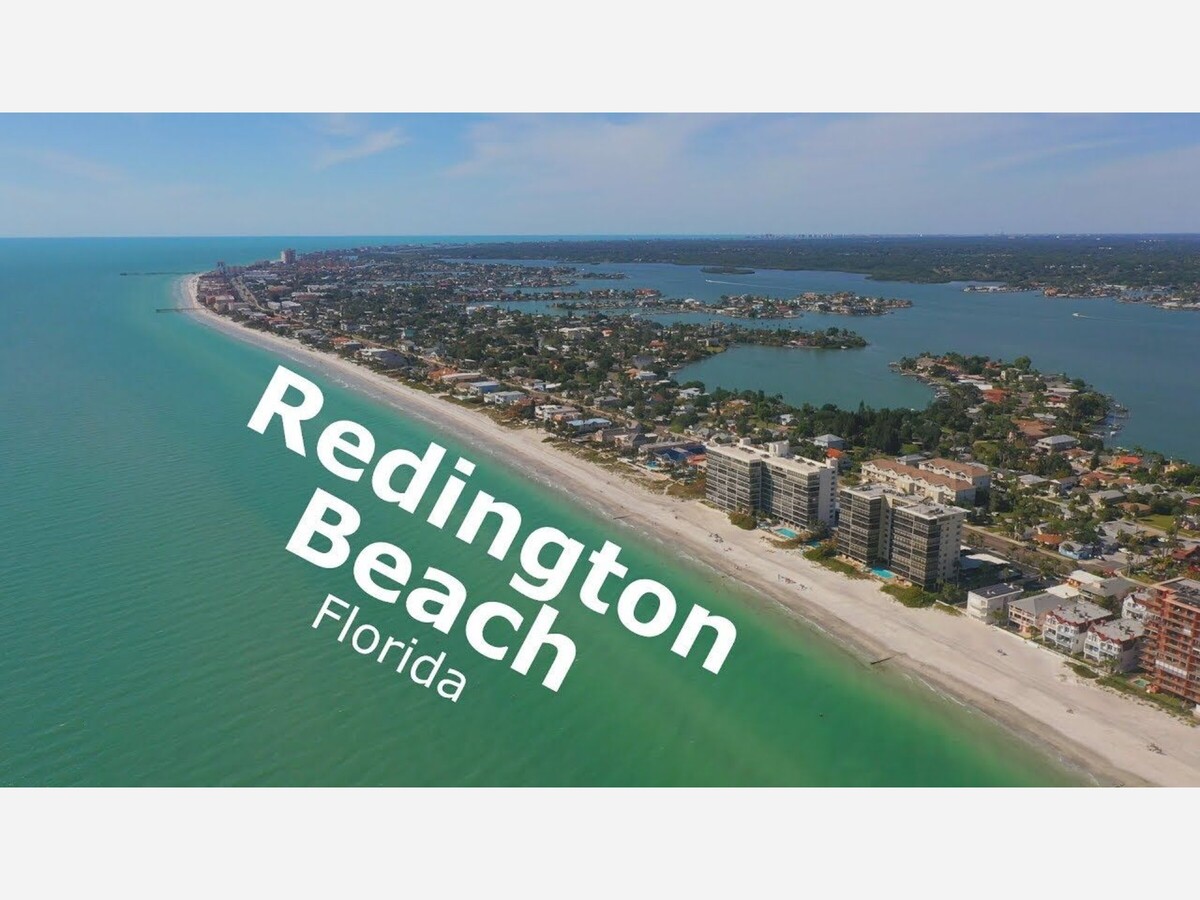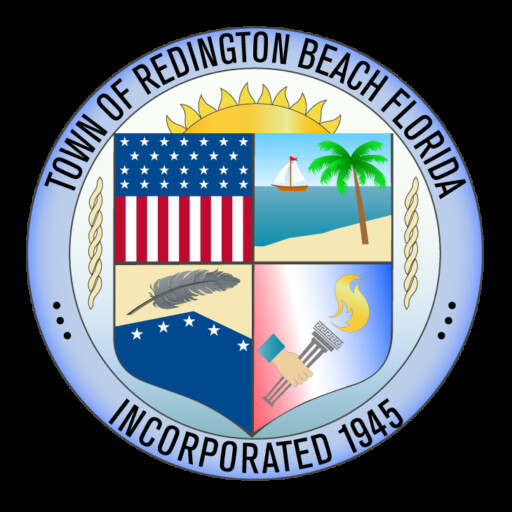Image


In a story that embodies the resilience and spirit of small-town America, the quiet community of Redington Beach, Florida, recently secured a monumental legal victory that has been years in the making. The U.S. Court of Appeals for the 11th Circuit has ruled in favor of Redington Beach, affirming the town's right to preserve public access to its beloved sandy shores under the ancient "customary use" doctrine. This decision not only concludes a grueling five-year legal battle but also sets a pivotal precedent for communities across Florida, safeguarding the public's right to enjoy the state's beaches as they have for generations.
Mayor David Will, who has been a steadfast supporter of the town’s position, remarked on the significance of the beaches to the local community: “These beaches have been a place of gathering, recreation, and solace for generations. This ruling affirms that our residents and visitors will continue to enjoy this natural treasure, just as they have for centuries.”
The story of this conflict begins in 2018, a year that brought significant change to the idyllic shores of Redington Beach. Nestled along Florida's Gulf Coast, this tight-knit community had always prided itself on its accessibility to the beach—a place where families gathered, children played, and the sunset painted the sky in hues of gold and crimson. These sands were more than just a stretch of coastline; they were a living part of the town's identity, a space where memories were woven into the very fabric of daily life.
However, the passage of Florida's HB 631 that year threatened to unravel this cherished tradition. The law imposed new restrictions on local governments, requiring them to seek judicial approval before asserting public access to privately owned sections of the beach. Redington Beach, under the leadership of Mayor David Will, swiftly responded by passing its own ordinance in June 2018, just days before the new state law took effect. This ordinance aimed to protect the public's right to use the dry-sand areas of the beach, an area historically used for recreation above the mean high water line.
But the town's efforts were met with immediate resistance. Seven beachfront property owners, who had purchased their properties with an understanding of the town's laws, filed a lawsuit against Redington Beach, arguing that the ordinance was void under HB 631 and that it constituted an unconstitutional taking of private property. The stage was set for a legal battle that would stretch on for years, testing the resolve of the town's leadership and the unity of its residents.
The ensuing litigation was not just a legal battle; it was an emotional journey for the residents of Redington Beach. The threat of losing access to their beloved beach struck at the heart of the community. For generations, these sands had been a place of refuge and joy, where families gathered for picnics, children built sandcastles, and neighbors shared stories as the waves lapped at the shore. The possibility of being barred from these simple pleasures galvanized the town into action.
Community support for the town's legal defense was overwhelming. Residents organized rallies, attended town meetings, and even initiated fundraising campaigns to support the legal costs. The unity displayed by the people of Redington Beach was nothing short of inspiring. It was a testament to their deep connection to the beach and their determination to protect it for future generations. Mayor David Will, a steadfast advocate for public access, became a symbol of this fight, rallying the community with his unwavering commitment to the cause.
The litigation itself was a complex and grueling process. In 2019, the case took a discouraging turn when a district court ruled in favor of the property owners, declaring the town's ordinance void. The ruling was a heavy blow, but it did not deter the town. With Mayor Will at the helm, Redington Beach filed an appeal, determined to see the fight through to the end.
The turning point came in August 2024 when the U.S. Court of Appeals for the 11th Circuit issued a ruling that would change the course of the battle. The court overturned the lower court's decision, recognizing the public's right to use the dry-sand areas of the beach under the customary use doctrine—a doctrine deeply rooted in Florida's legal history. This doctrine holds that if an area has been used by the public for a long time, without interruption and dispute, it can be considered public land.
The court's decision was a resounding affirmation of the town's stance. The judges acknowledged the extensive historical evidence presented by the town, which demonstrated the long-standing use of the beach by the public. This evidence included records dating back to the town's founding in 1935 by Charles Redington, who had generously donated beach-access points for public use. The court's ruling effectively upheld the town's ordinance, allowing the residents to continue enjoying the beach as they always had.
In securing this victory, Redington Beach also demonstrated its willingness to work with all stakeholders, including the beachfront property owners, to ensure that the beach remains a shared space. The town has agreed to implement reasonable restrictions to balance public enjoyment with private property rights. These include regulations such as limiting the height of beach umbrellas to seven feet to prevent obstruction of views and maintaining designated areas for beach equipment to avoid encroaching on private property.
These compromises underscore the town's commitment to preserving the beach as a public resource while respecting the concerns of property owners. The court's ruling, coupled with these reasonable restrictions, sets a powerful example for other communities facing similar challenges. It shows that public access and private property rights can coexist when guided by a spirit of cooperation and respect.
The significance of this case extends far beyond the borders of Redington Beach. The court's ruling has established a crucial precedent for the entire state of Florida, reinforcing the customary use doctrine as a vital tool for protecting public beach access. This victory ensures that other communities across the state can continue to safeguard their beaches for public use, even in the face of legal challenges.
For the residents of Redington Beach, this victory is more than just a legal win; it is a validation of their love for their town and their way of life. The beach, with its golden sands and gentle waves, remains a place where families can gather, children can play, and the community can come together to enjoy the simple pleasures that make life in this small town so special.
As the sun sets over Redington Beach, casting a warm glow over the water, the residents can take comfort in knowing that their fight was not in vain. The beach remains theirs to enjoy, just as it has been for generations past and will be for generations to come. This historic victory is a reminder of the power of community, the importance of preserving our natural resources, and the enduring value of standing up for what is right (Town of Redington Beach) (Home).
Read the court order here
The Town of Redington Beach, Florida, is situated on a barrier island in the Gulf of Mexico. It is bordered by North Redington Beach to the north, Madeira Beach to the south, the Intracoastal Waterway to the east, and the Gulf of Mexico to the west. Redington Beach is primarily a waterfront residential community and is a state-chartered municipality located in Pinellas County, west of Tampa, Tampa Bay, and St. Petersburg.
The town covers an area of approximately 1 square mile and features four town parks, five public beach accesses, a causeway with benches for relaxation and fishing, and a community recreation area with basketball courts and a large children’s playground.
